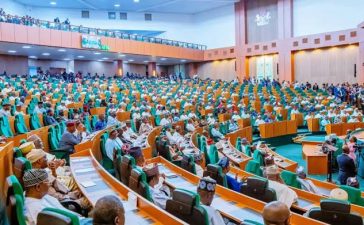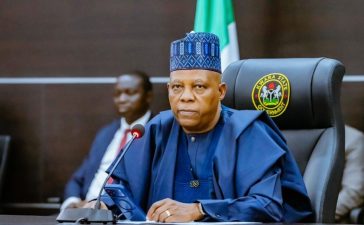Nigeria’s Central Bank Moves to Stabilize Foreign Exchange Market Amid Oil Price Drop
In response to a significant drop in global crude oil prices, the Central Bank of Nigeria (CBN) has stepped in to support the nation’s foreign exchange market. Crude oil prices have plummeted by over 12%, falling to approximately $65.50 per barrel from more than $70 before trade tariffs were introduced by President Donald Trump.
As a result of the weakened oil prices, which directly affect Nigeria’s economy due to its heavy reliance on oil exports for 90% of foreign exchange earnings, the Central Bank of Nigeria has intervened by injecting $197.71 million into the market. This action was taken on Friday in a bid to ensure adequate liquidity and support market stability.
In a circular issued on Sunday, the CBN emphasized its commitment to fostering a stable, transparent, and efficient forex market. The bank noted that the recent shifts in the foreign exchange market between April 3 and 4, 2025, were influenced by broader global macroeconomic factors, notably the United States’ newly imposed tariffs on several countries.
The CBN’s move aligns with its broader objective of safeguarding Nigeria’s economic stability amid volatile global trade conditions. With the recent adjustment in global oil prices, Nigeria faces new challenges, but the Central Bank’s intervention aims to smooth over short-term market disruptions.
As Nigeria continues to navigate these uncertain economic waters, the intervention reflects a proactive approach in ensuring continued stability in the forex market during these turbulent times.







